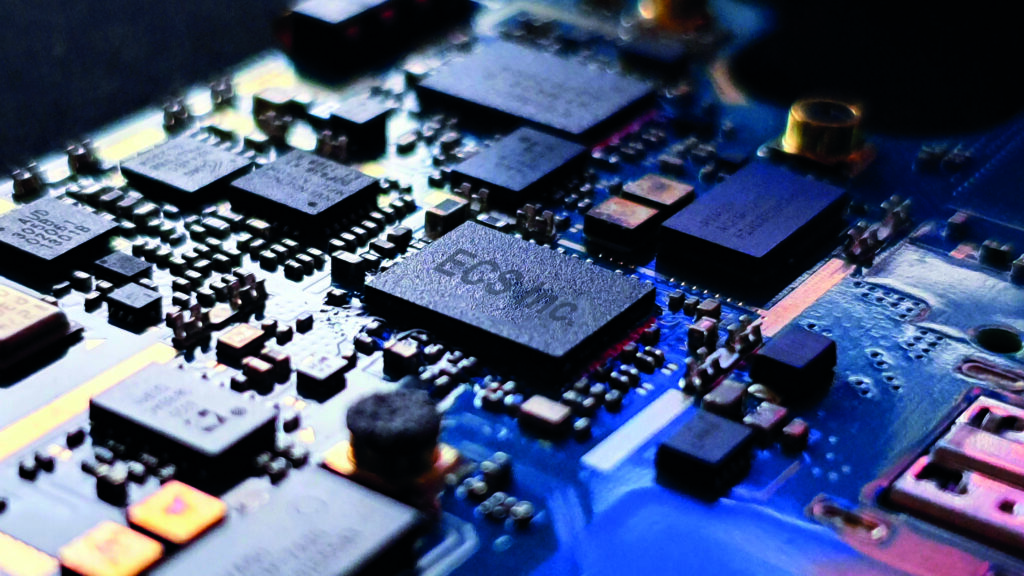ECS guides readers through the process of choosing frequency control products and how to keep supply lines running during these uncertain times
When an OEM is designing an electronic system, there comes a time to sift through choices and make decisions regarding the frequency control products (FCP). Experienced and knowledgeable suppliers are there to help.
Ideally, the OEM explains what they would like to accomplish and provides a rough budget. The supplier should then be able to provide options for in stock components or solutions that can be built to meet the specification. OEMs should take advantage of such services as they are the best source of information on the crystals and oscillators most suitable for the application.
If the OEM’s current FCP supplier doesn’t offer technical resources and engineering support, ECS recommends partnering with one that does. As a rule of thumb, any product that is in stock and continuously re-stocked is a good choice to make. Such components typically have many users and are readily available from other sources as a backup. Also, the OEM should explore if a design can be modified to use one of these standard products.
A little upfront engineering can and will likely save many dollars and engineering hours later. If a custom timing device is needed for an application, a manufacturing partner should help make the best decisions based on the specifications including: package size, frequency, tolerance, stability and operating temperature. These specifications will help identify a component that is low-cost and long life.
The landscape for FCP and timing components is changing all the time. When looking at the need for frequency control and timing in modern designs, crystals and oscillators have many uses. Some of these can be very specific depending on the application. For example, much of today’s FCP will go into designs for IoT, portable, industrial, medical, automotive and EV applications.
All of these applications will have different requirements for their timing components. IoT, portable and wearable applications tend to need small form factor components with very low power. Medical and automotive applications tend to require very high quality, consistency and reliability and might require AEC-Q200 qualification. A good FCP supplier will have options for all these applications and more.
For the last few years, the electronic component industry has been going through uncharted times because of the Covid-19 pandemic and subsequent supply chain issues. The need to have an accurate forecast and an eye on the world market is imperative. Many in this industry continue to ignore these world market conditions. They will soon find out that there is no component too small or too inexpensive that it can’t derail a manufacturing schedule. The best advice to purchasing professionals would be to use prudent planning and always buy FCP from reputable manufacturers using their authorized distribution sales partners. This should ensure the longevity of the product, quality of service and overall satisfaction with the purchasing process.

